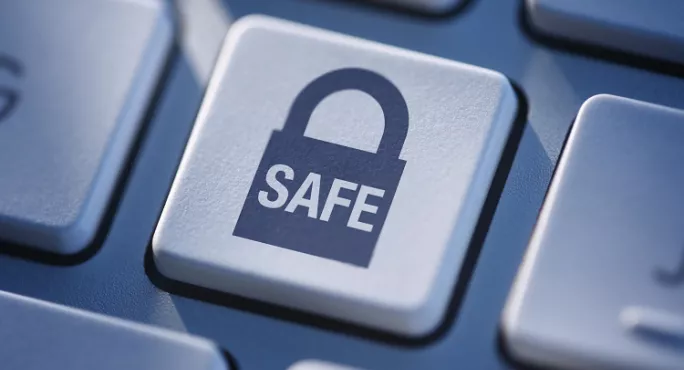It is ridiculous that teachers are expected to police the Internet in an attempt protect their students, according to one of the world’s leading cyber psychologists.
Dr Mary Aiken, who has worked with the likes of Interpol and the FBI, says that not only should the responsibility for patrolling cyberspace lay elsewhere, but that it is almost impossible for teachers to conduct that role.
“Teachers are being left to paddle their own canoe in cyberspace,” she says in the 14 October issue of TES. “There’s been too much emphasis on making schools and parents responsible for dealing with issues such as cyberbullying and sexting, when I would say these are societal problems.
“It’s an issue of regulation and governance. It isn’t fair to expect parents and teachers to police children’s behaviour in a cyber context because it’s impossible for them to do so.”
Clear official guidelines on how (and how much) young children can use tech safely, and tighter regulation of tech products targeted at babies, are some measures that she believes are needed.
Tackling bullying
Cyberbullying is one of her biggest concerns.
“Cyberbullying is very interesting,” Aiken says. “‘Real-world’ bullying is hard to tackle. Why? Because there’s no evidence of, say, a harsh word in the playground. Cyberbullying is nothing but evidence. So how did cyberbullying become a bigger problem than ‘real-world’ bullying?”
She thinks it’s time to fight tech with tech and hopes to design an algorithm that can track a child’s online communications, with parental consent, to spot bullying by logging content (eg, “die”, “bitch”, “hate”), direction (eg, from me to you) and interval/frequency.
“The reason we get this sort of behaviour online is there’s a perception that nobody is in charge - that’s because nobody is in charge,” she says.
She’s opposed to suggesting “helpful hints” for teachers to help fill that void - rather she wants them to be part of a wider push for those making money from the Internet to take responsibility.
“I’m against sticking my finger in the dike - trying to patch it up,” she explains. “I think where teachers could be most proactive now is to form a lobby group to say they want to be part of the bigger conversation. The problems are ending up in the classroom, but there’s a greater societal responsibility to sort them out.”
This is an edited version of an article in the 14 October edition of TES. To subscribe, click here. This week’s TES magazine is available at all good newsagents. To download the digital edition, Android users can click here and iOS users can click here.
Want to keep up with the latest education news and opinion? Follow TES on Twitter and like TES on Facebook




